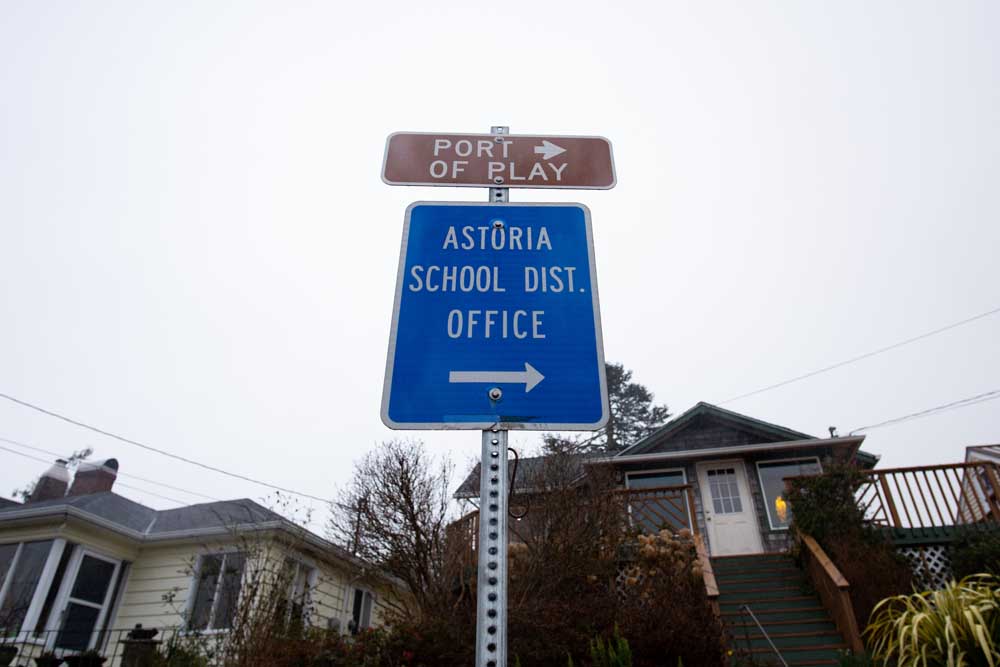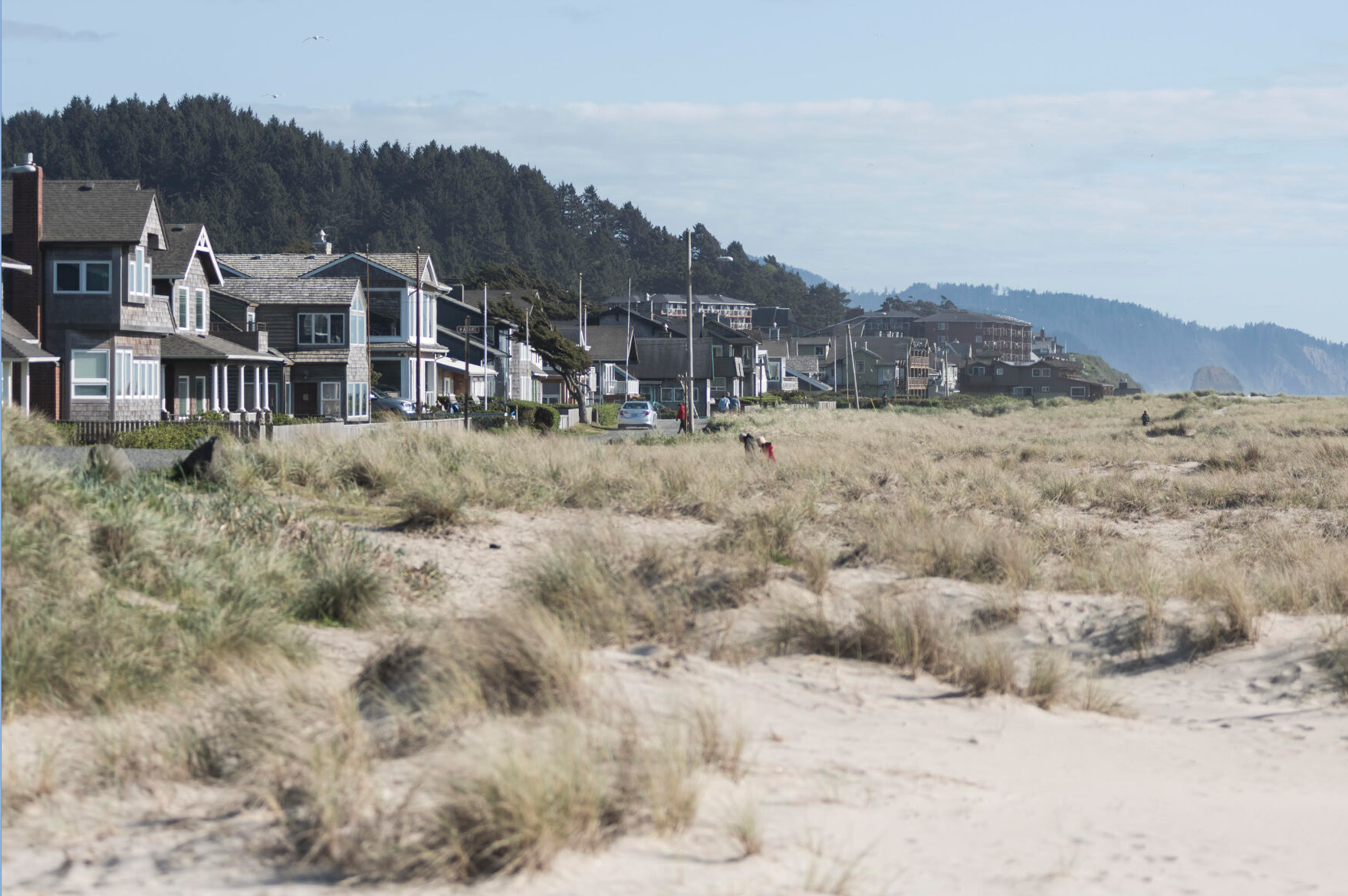Our View: Day care is essential
Published 12:30 am Saturday, September 19, 2020

- A sign for Port of Play.
Day care is essential for working families with small children. Its availability is one of those fundamental elements that makes a community’s economy strong or compromised.
Trending
Safe and dependable day care has never been more critically important. With work schedules overthrown by the coronavirus pandemic, workers in wide swaths of our economy must be able to count on having someone to watch their children whenever shifts or school schedules change.
In one way or another, this issue touches nearly everyone. A Washington Post column noted earlier this year that “4 in 10 working adults have children under 18. Before the coronavirus struck, approximately one-third of all children under 5 attended a paid care facility, day care center, preschool or prekindergarten. Once the coronavirus hit, many of these arrangements were upended.”
Beyond simple babysitting, quality day care extends and enriches the learning environment. This too is increasingly vital as a way of filling gaps left by our sudden national switch to virtual classes.
Trending
Astoria’s recent decision to move the location of Lil’ Sprouts Academy is encouraging. But it remains to be seen whether this move will lead to larger capacity for the city.
It is rare when a municipal government in a rural area operates a child care center. That development occurred in Astoria a decade ago following the failure of a local nonprofit.
The creation of Lil’ Sprouts followed a series of meetings at The Daily Astorian. Recognizing the systemic economic impact of child care, these sessions included representatives of the Astoria School District, the city, the U.S. Coast Guard, the Astoria-Warrenton Area Chamber of Commerce, Columbia Memorial Hospital and the Bank of Astoria.
Lil’ Sprouts is a bright spot in Clatsop County. The news over the past year has mainly involved closure or downsizing of private sector day care centers. At the best of times, they can be difficult to license, staff and insure. There are good reasons for licensing and oversight — from background checks on workers to fire safety. We should not expect any family to place blind trust in child care providers we would not trust ourselves.
Regulations can, however, become so burdensome that otherwise qualified providers opt out. As an alternative, even before this crisis, too many families were forced to rely on unlicensed, stopgap options. We must establish a middle ground that encourages community- and employer-sponsored child care, as well as smaller, home-based facilities. Oversight agencies must continue seeking new ways for larger, for-profit operations to provide services without stifling private enterprise.
There are other ways to keep children safe and sound when parents can’t be around. Every option should be on the table.
In Pacific County across the Columbia River in Washington state, the Boys and Girls Club dissolved last year due to chronic funding problems. Though emphatically not a day care, it filled a similar gap by providing a supervised after-school option for dozens of working families. Before the massive disruptions of COVID-19, a volunteer group was in the process of developing an affordable local option to the defunct club. This endeavor is likely to be more difficult now, as community organizations of every type scramble for contributions and volunteers in the midst of a damaged economy. But it’s still worth trying.
While of no immediate comfort, the new year may bring some relief on the child care front. With the presidential and congressional elections over, it’s plausible to think the major political parties will see fit to strengthen efforts to address this factor that will otherwise hold back economic recovery.
As remarked by Carrie Lukas, the president of the Independent Women’s Forum, “Whatever the plan, America needs to safely and swiftly reopen. That can begin only if we ensure that children will be properly cared for while their parents go back to work.”









